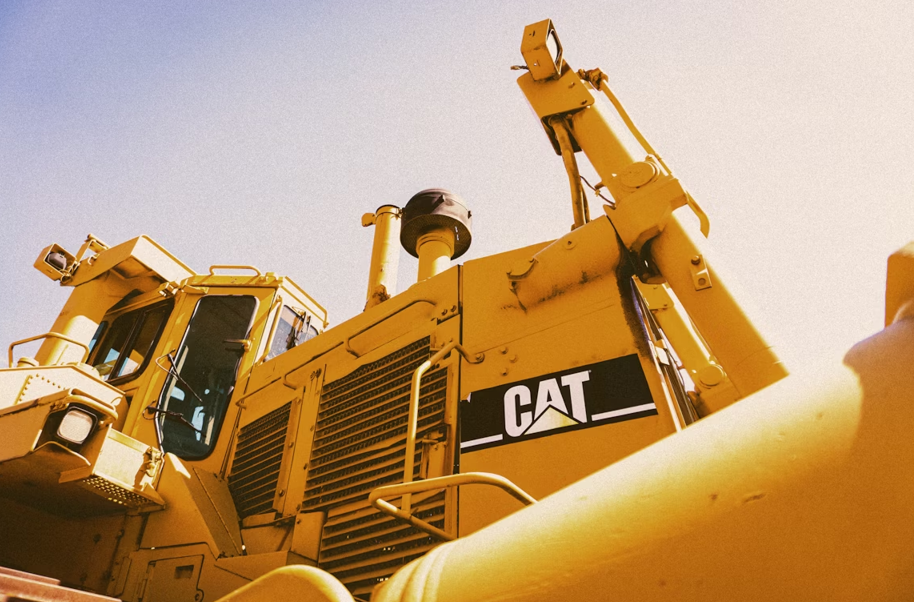Contractors have to make an important decision that can make a major impact to their bottom line: whether to rent or purchase heavy equipment. The choice affects everything from the flexibility of projects to cash flow, so it’s important to understand the implications of each option.
The decision is not always straightforward. While purchasing equipment might be the obvious choice for established companies, renting may have hidden advantages to make it the better choice. Let us look at both sides so you can make an informed choice for your construction firm.
The Argument for Heavy Equipment Rentals
Heavy equipment rental offers construction companies instant access to equipment without the high initial capital outlay. This approach leaves your capital available for other business uses and allows you to have the equipment required to do the job efficiently.
Such versatility is particularly beneficial to companies with diverse projects. You can pick the exact machine for every job, from the huge diggers used in foundation excavation to cranes for high-rise construction, without the long-term obligation of owning specialist equipment.
Maintenance chores are also the duty of the rental company when you hire from heavy machinery and earthworks specialists. This eliminates unexpected repair costs and also reduces downtime, as rental companies typically provide well-maintained equipment and rapid replacements whenever there is definitely equipment failure. For small contractors, this can free up dollars otherwise spent on maintenance staff and spare parts inventories.
The Benefits of Purchasing Equipment
Buying heavy equipment creates long-term value for construction companies in the form of asset ownership. Equipment that has been purchased can, years later, be a significant percentage of your company’s asset base, increasing the value of the business overall and even serving as collateral for future financing needs.
For companies that have consistent, continued work, ownership is cheaper in the long run compared to consecutive rental fees. The per-hour cost of usage plummets with frequent usage of equipment, and buying is the financially wiser option for productive construction companies.
Ownership also provides you with complete control of equipment scheduling and availability. You will never have to worry about rental availability during peak heavy construction periods or juggling project schedules around pickup and delivery schedules. This type of control can be invaluable for project schedules and customer satisfaction.
Critical Factors in Your Decision
There are several factors that should guide your hire versus buy decision. The duration of the project is a significant factor—short-duration projects tend to favour hiring, whereas long-duration or frequent jobs may be worth purchasing.
Your capital situation is important. Although purchasing entails substantial amounts of initial capital, hiring entails commitments to regular expenses that can impact cash flow in many ways. Think about your existing capital needs, available credit, and how each option influences your financial leeway.
Usage rates determine the most cost-effective approach. If you do use equipment throughout the year, purchasing typically is most cost-effective. However, if you intermittently use equipment, renting typically is best because you pay only for equipment when it’s being utilised.
Your company’s storage and maintenance ability also comes into play in making this decision. Owning equipment requires storage room that is secure; you also need to consider maintenance capacity and ongoing operating expenses in addition to the initial cost of purchase.
Choosing the Right Option for Your Business
The buy or rent decision really depends on your individual business condition, project backlog, and financial condition. Most successful construction companies have a hybrid plan, with basic, high-usage equipment owned and specialised equipment rented on a per-project basis. Which strategy works best for you?







